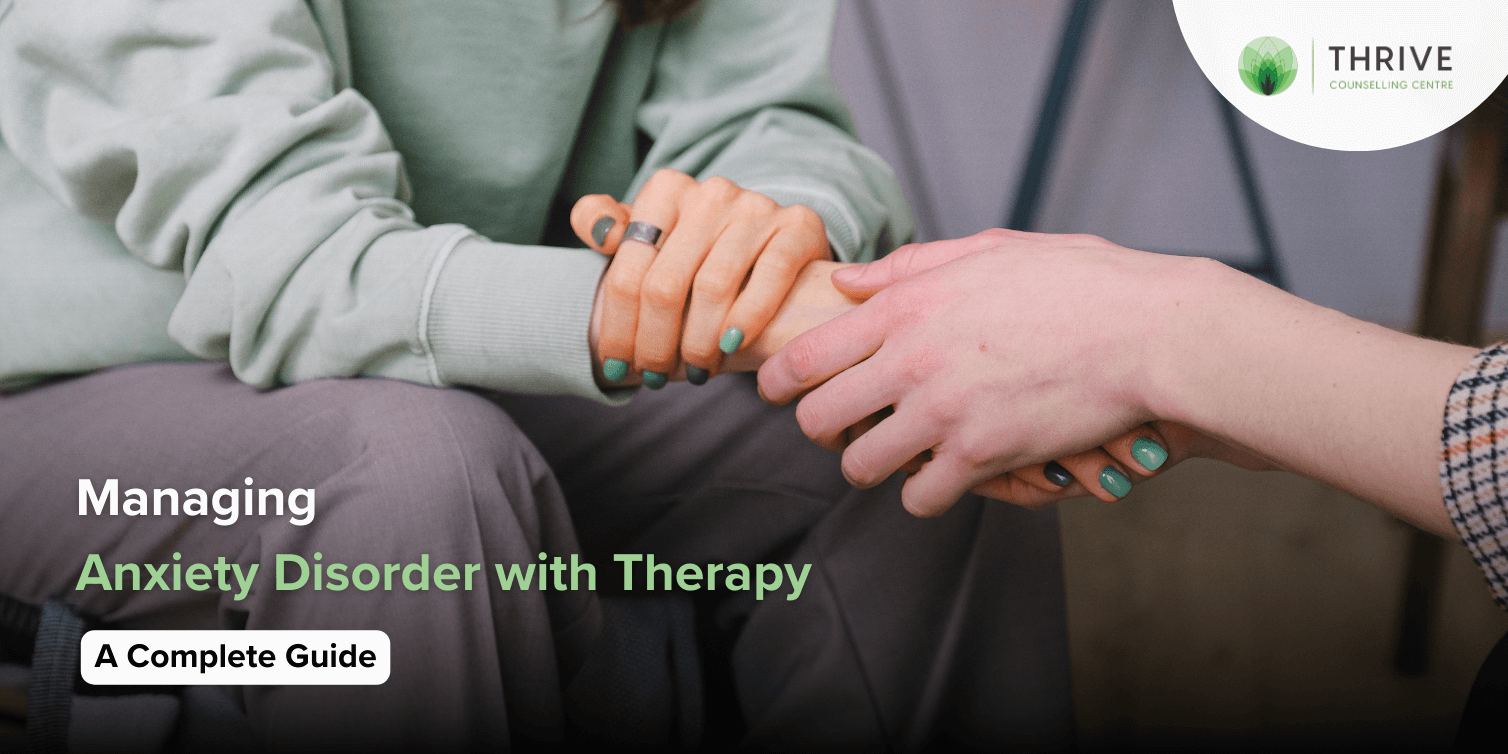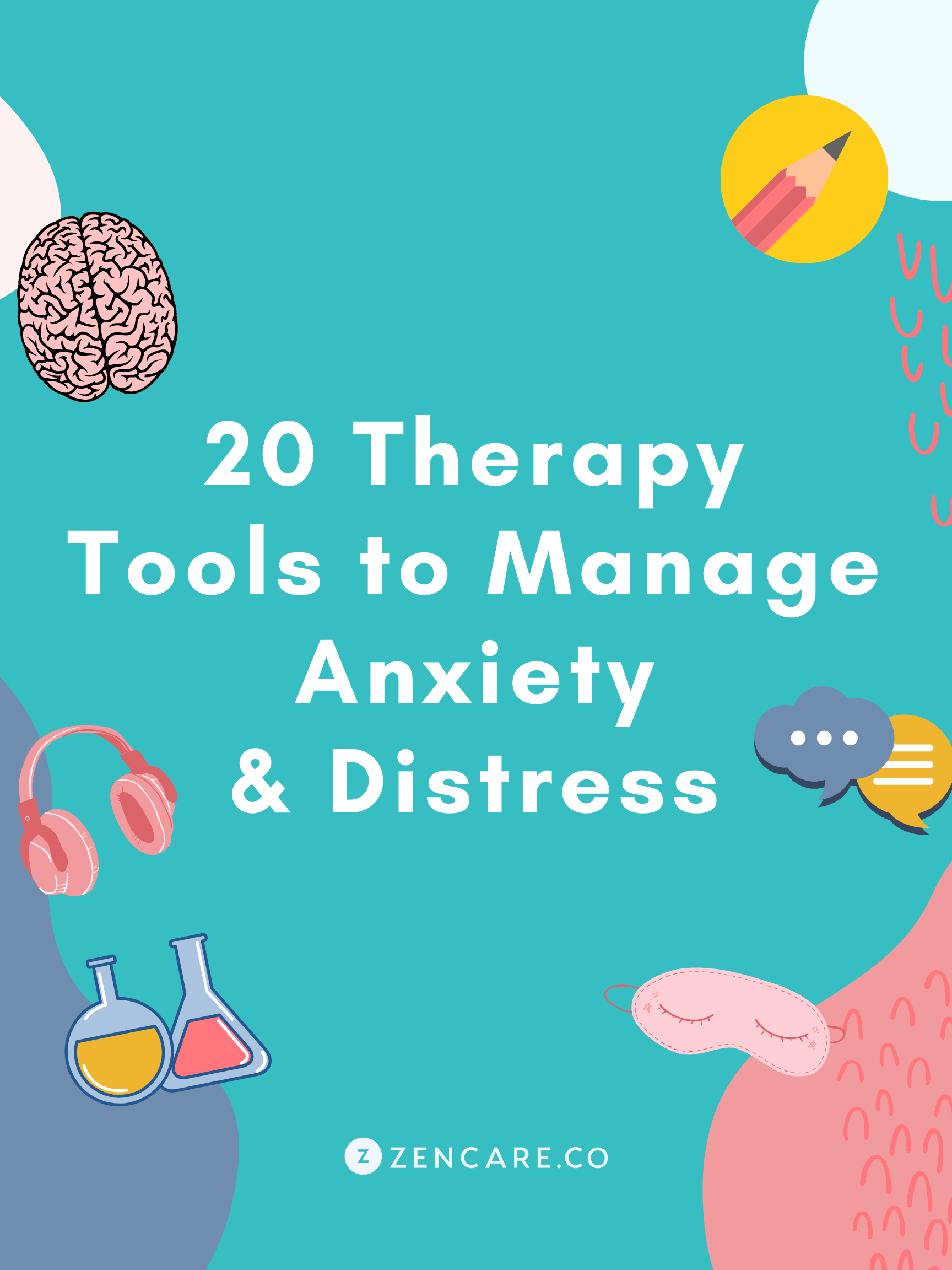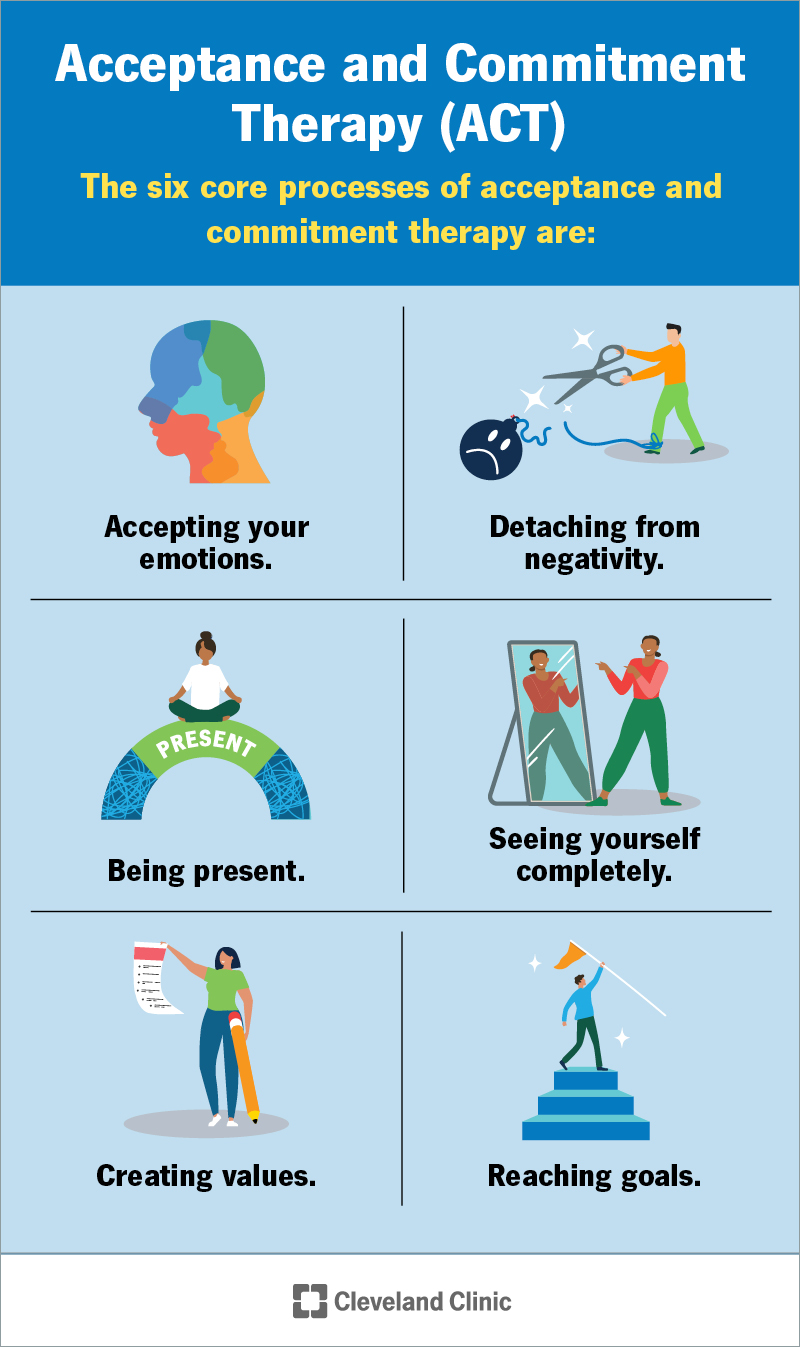Exploring Different Techniques in Counselling for Stress And Anxiety Condition for Enduring Change
When tackling anxiety disorders, it's important to check out a selection of counseling methods. Each method supplies distinct insights and devices to assist you handle your signs and symptoms properly. You might discover that combining methods can produce the best outcomes. Nevertheless, recognizing the nuances of these methods is essential to cultivating enduring change. Suppose the ideal combination could release a brand-new degree of psychological health for you?
Comprehending Stress And Anxiety Disorders: A Short Summary
Anxiety problems, which impact countless people worldwide, can significantly influence life. You may experience frustrating feelings of anxiety or fret that seem uncontrollable. These sensations can cause physical signs like a racing heart, sweating, and even wooziness. Typical sorts of stress and anxiety disorders consist of generalized stress and anxiety disorder, panic attack, and social stress and anxiety problem. Each has special signs, however they all share a propensity to disrupt your regular and relationships.Understanding the root causes of your anxiousness is important. It could come from genetics, mind chemistry, or life experiences. Recognizing your triggers can assist you manage your feedbacks better. It is essential to keep in mind that you're not the only one in this struggle. Lots of people encounter similar obstacles, and looking for assistance is a solid action toward feeling much better. By finding out about anxiety conditions, you're already on the course to understanding and handling your condition extra efficiently.
Cognitive-Behavioral Therapy: Testing Adverse Idea Patterns
In Cognitive-Behavioral Therapy, you'll start by recognizing the unfavorable thought causes that contribute to your anxiousness. As soon as you recognize these thoughts, you'll deal with replacing them with more positive options. With each other, you'll construct effective coping approaches to help manage your stress and anxiety in daily scenarios.
Identifying Negative Thought Triggers

When you run into minutes of distress, recognizing the specific triggers behind your negative thoughts can be necessary in managing anxiety. Beginning by paying attention to scenarios that prompt sensations of worry or fear. Is it a crowded area, an upcoming due date, or a discussion with specific people? Write these circumstances in a journal. This will help you identify patterns in your reasoning. Notification physical feelings that accompany your negative ideas, like an auto racing heart or rigidity in your breast. By pinpointing these triggers, you gain insight into what's fueling your anxiety. Comprehending these connections is the very first step in challenging those thoughts and eventually regaining control over your psychological actions.
Replacing Ideas With Positives
Challenging negative thought patterns is an essential action in transforming your attitude and reducing anxiety. You might frequently find on your own entraped in cycles of insecurity or tragic thinking. Rather than allowing these ideas dictate your feelings, method replacing them with reasonable alternatives or positive affirmations. For example, when you assume, "I can't handle this," change it to, "I can take care of challenges one step at once." This basic adjustment can greatly impact your mood. Frequently recognizing and countering these negative thoughts helps create a healthier internal dialogue. Remember, it takes time and effort, but regularly practicing this method can result in enduring modification, encouraging you to face stress and anxiety with renewed confidence and resilience.
Building Coping Techniques Together
Changing adverse ideas is just the beginning of managing anxiety efficiently. To create enduring change, you require to build coping strategies that encourage you. Cognitive-Behavioral Treatment (CBT) assists you determine and challenge those purposeless thought patterns. Together, you and your therapist can discover just how these ideas impact your feelings and behaviors.Start by developing useful techniques, like journaling or mindfulness workouts, that permit you to face stress and anxiety head-on. When you face your fears gradually, you'll find out to react differently.

Mindfulness and Acceptance-Based Approaches: Cultivating Present-Moment Understanding
As you navigate the complexities of anxiousness, integrating mindfulness and acceptance-based approaches can substantially enhance your capacity to cultivate present-moment awareness. By concentrating on the present moment, you'll locate that you can observe your ideas and feelings without judgment (Counseling services for anxiety). This method aids you acknowledge your stress and anxiety without really feeling overwhelmed by it.Engaging in mindfulness exercises, such as deep breathing, body scans, or assisted reflections, allows you to ground yourself in your existing experience. Acceptance-based strategies motivate you to welcome your feelings instead of fight against them. When you approve your feelings, they lose their power over you.Incorporating these techniques right into your everyday regimen can change exactly how you react to anxiousness. You'll develop resilience and discover to navigate difficult circumstances with higher convenience. Ultimately, cultivating present-moment understanding lays the structure for long-term adjustment, encouraging you to lead an extra meeting life
Direct Exposure Treatment: Challenging Anxieties Progressively
Direct exposure treatment aids you Continued challenge your fears in a gradual way, making it less frustrating. You'll find out strategies to face anxiety-provoking scenarios action by action, while likewise building coping techniques to manage your responses. This strategy encourages you to take control visit and minimize stress and anxiety in time.
Progressive Exposure Techniques

When facing anxiousness, gradually challenging your concerns can be a powerful method to restore control. This strategy, referred to as gradual direct exposure, involves gradually exposing on your own to the circumstances or objects that cause your stress and anxiety. Start with much less intimidating scenarios and progressively work your method up to even more challenging ones. For instance, if you're scared of public speaking, you could begin by speaking in front of a mirror, after that advance to sharing thoughts with a friend, and ultimately deal with a little group. Each action helps desensitize you to the concern, constructing your self-confidence over time. Remember, it's important to rate yourself and celebrate little success as you relocate through this process, reinforcing your capability to handle anxiousness effectively.
Building Coping Techniques
Structure effective coping strategies is necessary for taking care of anxiety, especially as you face your anxieties progressively - Counseling services for anxiety. One powerful method is direct exposure treatment, where you begin by encountering your concerns in a regulated way. Start with much less intimidating situations and slowly function your means approximately more challenging scenarios. This gradual exposure helps desensitize you to anxiety triggers, making them less overwhelming.Incorporate relaxation techniques, such as deep breathing or mindfulness, to calm your mind during exposure. Track your progress, celebrating small victories in the process to improve your self-confidence. Bear in mind, it's all right to take your time; the goal isn't excellence yet steady enhancement. By constructing these approaches, you'll encourage on your own to navigate anxiety and welcome life a lot more completely
Psychodynamic Therapy: Revealing Origin Causes of Anxiety
Psychodynamic treatment discovers the subconscious mind, revealing the source of your anxiousness. By analyzing your thoughts, sensations, and past experiences, this approach aids you discover underlying conflicts and unsolved issues that might add to your existing stress and anxiety. You'll collaborate with a specialist to examine childhood experiences, partnerships, and emotional patterns that form your reactions today.As you obtain understanding into these much deeper layers of your psyche, you'll begin to recognize just how past occasions influence your existing behavior. This understanding can bring about catharsis, enabling you to process feelings you might have suppressed.Through the healing connection, you can also recognize defense reaction that might have established over time, supplying a more clear path to transform. Eventually, psychodynamic treatment furnishes you with the tools to resolve your stress and anxiety at its core, advertising long lasting makeover in your emotional well-being.
Integrative and All Natural Techniques: Incorporating Techniques for Greater Efficiency
Incorporating various restorative strategies can enhance your journey towards taking care of anxiety a lot more properly. By combining aspects from cognitive-behavioral treatment, mindfulness practices, and holistic methods, you can develop a tailored technique that basics addresses your special demands. You might utilize cognitive-behavioral strategies to test negative thought patterns while including mindfulness exercises to ground yourself in the present moment.Additionally, checking out alternative techniques such as yoga exercise or reflection can advertise leisure and reduce stress and anxiety signs and symptoms. This mix permits you to create better self-awareness and resilience.Experimenting with these diverse approaches can aid you uncover what reverberates most with you. Bear in mind, it has to do with locating a synergy that works, instead of sticking to a solitary strategy. This integrative strategy not just offers instant relief yet also promotes long-lasting abilities for taking care of anxiety, encouraging you to redeem control over your life.
The Function of Support Equipments: Building Strength With Link
While it could seem that managing anxiousness is a solitary trip, having a solid support system can play a vital role in your strength. Surrounding on your own with compassionate buddies, family, or assistance groups creates a risk-free space where you can openly share your experiences and sensations. When you get in touch with others, you remind on your own that you're not the only one in this struggle.These partnerships use support and can supply useful coping techniques that have actually benefited others. It's also a chance to acquire perspective; good friends can aid you see situations in different ways, decreasing sensations of isolation.Moreover, emotional assistance fosters a sense of belonging, which can substantially reduce stress and anxiety symptoms. By leaning on your support system, you can develop strength and tackle difficulties better. Keep in mind, connecting for aid suggests toughness, and it can make all the distinction in your journey towards handling anxiety.
Regularly Asked Inquiries
What Are the Common Signs of Anxiousness Conditions?
You could experience restlessness, exhaustion, trouble concentrating, impatience, muscle mass stress, and rest disruptions. Physical signs and symptoms can consist of rapid heartbeat, sweating, and shivering. Recognizing these signs early can help you look for appropriate assistance and therapy.
Just How Long Does Therapy Normally Last for Anxiousness Problems?
Treatment for anxiousness problems generally lasts anywhere from a couple of weeks to numerous months. It actually relies on your specific demands, progression, and the strategies your specialist makes use of to assist you manage your stress and anxiety efficiently.
Can Medication Be Used Alongside Treatment for Anxiousness?
Yes, medicine can absolutely be used along with treatment for anxiety. Integrating both approaches commonly enhances therapy efficiency, helping you handle symptoms while checking out underlying problems through counseling (Counseling services for anxiety). Constantly consult your doctor for tailored recommendations
Are There Self-Help Approaches for Handling Anxiety?
Yes, there are numerous self-help techniques for taking care of stress and anxiety. You can exercise mindfulness, take part in regular workout, maintain a well balanced diet, develop a routine, and make use of deep breathing strategies to help in reducing anxiety signs efficiently.
Just how Do I Know if I Need Specialist Help for Anxiousness?
